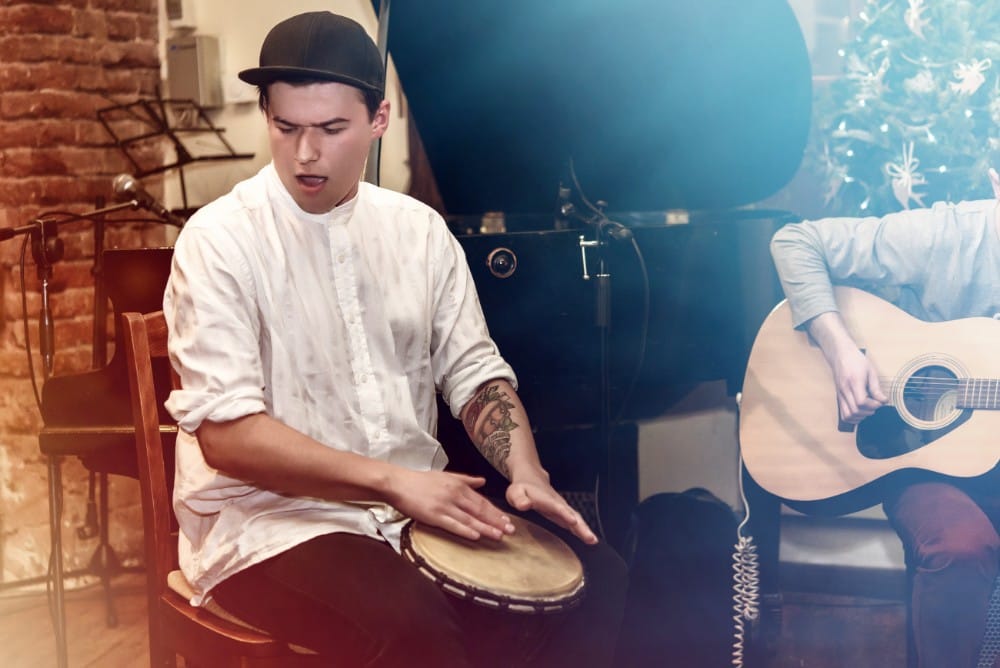Music is part of many people’s lives. People sing, listen to music, or hear it being played all the time in stores, cars, and at home. Music therapy can support people in recovery in myriad ways if they are open to its benefits.
Integrative Therapy
When a person tries integrative therapy using music, they are able to try different methods to find healing. Treatment for addiction with music therapy includes emotional support to help people find their center. It is something people enjoy, whether they create music or simply listen, and even dance. If a person plays music, dances, or is part of a group, this can build a connection and bridge the loneliness gap that often occurs when people enter recovery. Finding people who like the same kind of music or enjoy it in some way can be healing.
Healing Power of Music
Recovery can shift many things in the brain and body. While you might feel better as you listen, the brain is activated in interesting ways. The levels of dopamine in the brain goes up when a person listens to music they like. It is like eating good food that activates that part of the brain. It is also the same part of the brain activated with addiction. Some drugs do this, so it is important to not give into those cravings, but instead, focus on doing things you enjoy that trigger dopamine in recovery. Music can help heal this shift in the brain.
Enhanced Concentration
People are able to concentrate better when they have good music to listen to. The brain seeks positive experiences so it will look for anything it can to give it that bit of positivity. Music therapy creates an environment where a person in recovery can tap into different styles of music to help them meditate and concentrate. It also relieves boredom and depression that can keep a person isolated from others and stuck in recovery.
The hope for people in recovery with music therapy is that they can listen to music they enjoy, try new experiences, and find healing through sound. Instruments, vocal music, and other sounds can be helpful and healing depending on how they are used. A trained therapist will know how to target certain behaviors to enhance learning and motivation in recovery. It may be worth finding a trained therapist who can facilitate this experience and help incorporate it into everyday life in recovery.
Oceanfront will help you kick addiction to the curb with our premier beachfront community in Laguna Beach. We are founded on the principle of providing the best in care and services at affordable prices. We are located in beautiful Laguna Beach. Call us to find out how we can help you navigate addiction recovery: 877-279-1777







